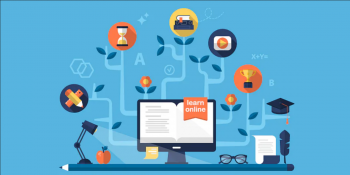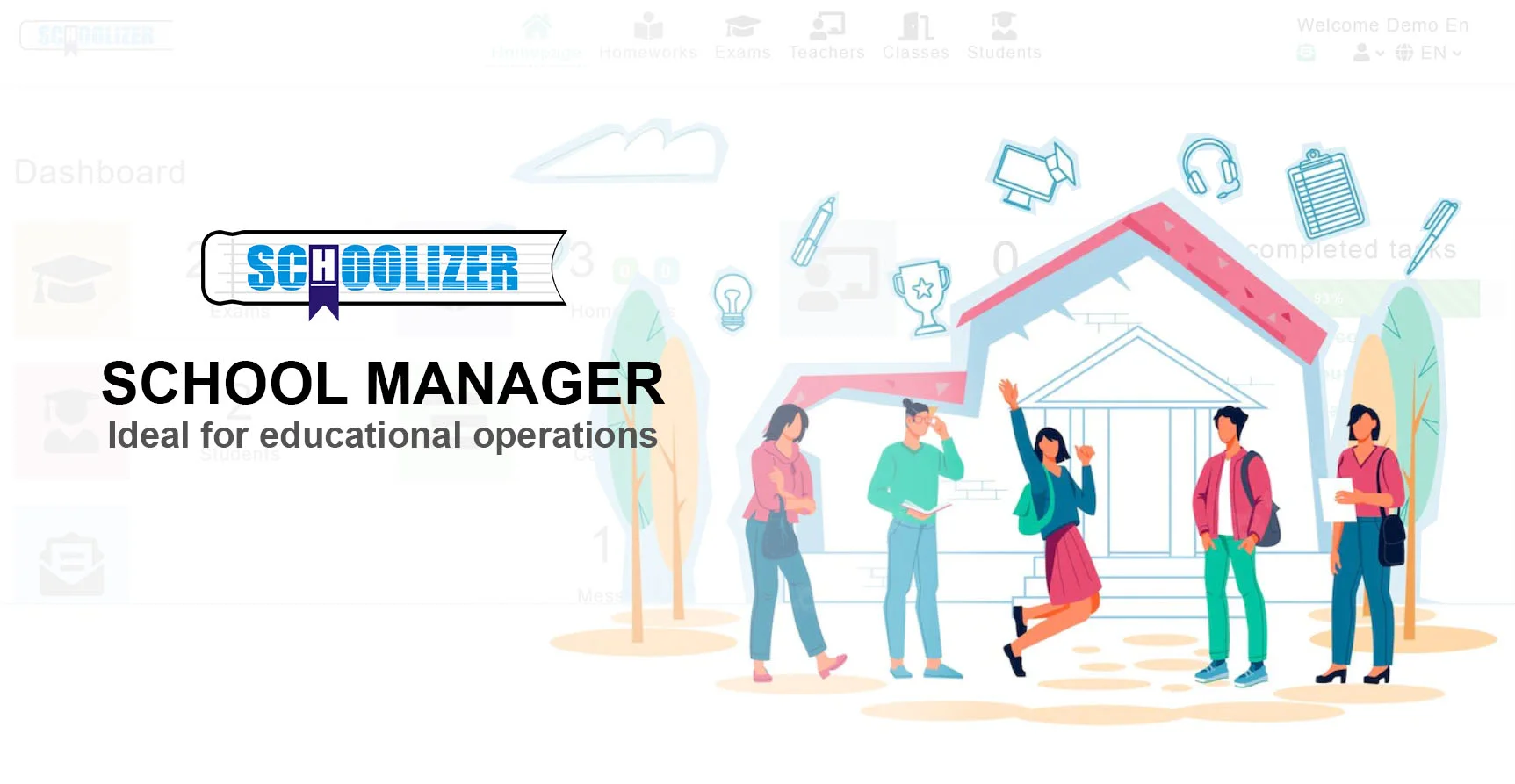The Benefits of Assessment in Education

Assessment plays a pivotal role in the realm of education, serving as a guiding light that illuminates the path of learning for both educators and students alike. From traditional tests to innovative project-based evaluations, assessment methods have evolved to become powerful tools in shaping educational experiences.
In this blog post, we delve into the multifaceted benefits of assessment in education, exploring how it enhances learning outcomes, guides instructional practices, and empowers students on their educational journey.
Defining Assessment in Education
Assessment in education encompasses the systematic and purposeful process of gathering, analyzing, and interpreting evidence of students' learning and development to inform educational decisions.
It involves a range of methods, techniques, and tools used to evaluate students' knowledge, skills, abilities, and performance relative to predetermined learning objectives, standards, or criteria.
Assessment serves multiple purposes, including measuring learning outcomes, guiding instruction, providing feedback to students, supporting decision-making, and promoting accountability.
Overall, assessment in education is essential for monitoring progress, informing teaching and learning practices, and ensuring the effectiveness and equity of educational systems.
Read more: What is Active Learning? The Best Guide for Active Learning in 2024
What are the Benefits of Assessment in Education?
Assessment in education offers a wide array of benefits that contribute to enhancing the teaching and learning process. Here are some key benefits:
- Measuring Learning Outcomes: Assessment allows educators to measure the extent to which students have achieved specific learning objectives, competencies, or standards. It provides valuable insights into students' knowledge, skills, and understanding across various subject areas.
- Informing Instructional Practices: Assessment data informs instructional planning and decision-making by helping educators identify students' strengths and weaknesses. By understanding students' learning needs, teachers can tailor their instruction to address individual learning styles and preferences effectively.
- Guiding Student Learning: Assessment provides feedback to students on their progress and performance, helping them understand their strengths and areas for improvement. This feedback empowers students to take ownership of their learning, set goals, and engage in self-directed learning behaviors.
- Identifying Learning Gaps: Assessments help identify learning gaps and areas where students may need additional support or intervention. By pinpointing areas of weakness, educators can implement targeted interventions and provide differentiated instruction to ensure all students have the opportunity to succeed.
- Monitoring Progress: Regular assessment allows educators to monitor students' progress over time, tracking their growth and development across different stages of learning. This ongoing monitoring helps identify trends, patterns, and areas of improvement, enabling timely intervention and support as needed.
- Promoting Accountability: Assessment promotes accountability by holding educators, schools, and educational systems accountable for student learning outcomes. It ensures transparency and fairness in evaluating educational effectiveness and helps stakeholders make informed decisions about resource allocation and program improvement.
- Improving Teaching Effectiveness: Through assessment, educators gain valuable insights into the effectiveness of their teaching practices and instructional strategies. By analyzing assessment data, teachers can identify areas for improvement and refine their teaching methods to better meet the needs of their students.
- Enhancing Curriculum Development: Assessment data informs curriculum development by highlighting areas of strength and areas needing improvement. It helps educators identify curriculum gaps, revise learning objectives, and develop instructional materials that align with student needs and learning goals.
Read more: How to Become the Best English Teacher? 5 New Educational Methods for English Teachers
How to Improve Assessment in Education?
Improving assessment in education involves implementing strategies and practices that enhance the quality, fairness, and effectiveness of the assessment process. Here are some ways to improve assessment in education:
- Clarify Learning Objectives: Ensure that learning objectives are clearly defined and aligned with curriculum standards and instructional goals. This clarity helps educators develop assessments that accurately measure student learning outcomes.
- Use a Variety of Assessment Methods: Incorporate a diverse range of assessment methods, including formative assessments, summative assessments, performance-based assessments, and authentic assessments. Using multiple methods provides a more comprehensive picture of student learning and allows for a more holistic evaluation of student progress.
- Provide Timely and Constructive Feedback: Offer timely and constructive feedback to students that focuses on specific strengths and areas for improvement. Feedback should be meaningful, actionable, and tailored to individual student needs, helping them understand how to improve their performance.
- Promote Student Engagement: Design assessments that actively engage students in the learning process and reflect real-world tasks and challenges. Encourage student participation and collaboration to foster deeper understanding and ownership of learning.
- Ensure Fairness and Equity: Ensure that assessments are fair, valid, and free from bias, discrimination, or cultural insensitivity. Consider the diverse backgrounds, experiences, and needs of students when designing and administering assessments to promote equity and inclusivity.
- Involve Students in Assessment Design: Involve students in the assessment design process by soliciting their input on assessment formats, criteria, and expectations. Engaging students in the assessment process empowers them to take ownership of their learning and promotes a sense of accountability.
- Use Technology Wisely: Harness the power of educational technology to streamline assessment processes, provide immediate feedback, and gather data for analysis. Incorporate digital tools and platforms that support formative assessment, data-driven decision-making, and personalized learning experiences.
Read more: How to Make Lesson Plans? The Best Way to Plan Lessons in 2024
Can Assessment in Education Help Teachers?
Absolutely, assessment in education can be a valuable tool for teachers in several ways:
- Informing Instructional Planning: Assessment data provides teachers with insights into students' strengths, weaknesses, and learning needs.
- Guiding Differentiation: Assessment allows teachers to identify students who may need additional support or enrichment. By understanding students' individual learning profiles, teachers can differentiate instruction to provide targeted interventions or enrichment activities that address students' unique needs.
- Monitoring Student Progress: Regular assessment helps teachers monitor students' progress over time. By tracking students' performance on assessments, teachers can identify trends, patterns.
- Providing Feedback to Students: Assessment provides teachers with valuable data that can be used to provide timely and specific feedback to students.
- Evaluating Teaching Effectiveness: Assessment data can be used by teachers to evaluate the effectiveness of their instructional practices.
- Supporting Decision-Making: Assessment data helps teachers make informed decisions about instructional priorities, resource allocation, and intervention strategies.
- Collaborative Planning and Professional Development: Assessment data can be used collaboratively by teams of teachers to inform collaborative planning and professional development efforts.
Read more: The 10 Best Ways to Increase Student Engagement in the Classroom
In Conclusion
Assessment stands as a cornerstone of effective education, offering a myriad of benefits that extend far beyond mere evaluation. From providing valuable insights into student progress to informing instructional strategies and fostering a culture of continuous improvement, assessment serves as a catalyst for growth and learning.
As we continue to harness the power of assessment in education with Schoolizer, let us remember its transformative potential to inspire, guide, and elevate the educational experience for all learners.






